Evaluating Success Rates of Alternative Esophageal Cancer Treatments in Mexico
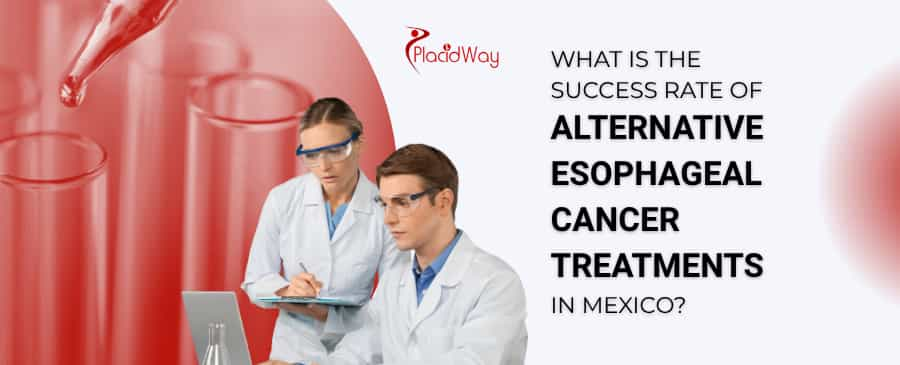
"The success rates of alternative esophageal cancer treatments in Mexico vary significantly, with limited scientific evidence and no standardized data to definitively confirm efficacy comparable to conventional, evidence-based treatments."
Receiving an esophageal cancer diagnosis can be a life-altering event, often leading individuals and their families to explore all possible treatment avenues. While conventional medical approaches like surgery, chemotherapy, and radiation therapy are well-established and scientifically validated, a growing number of people are turning to alternative esophageal cancer treatments in Mexico. These treatments often promise less invasive options, a focus on holistic well-being, and hope for those who feel they have exhausted conventional avenues. This blog post aims to provide a comprehensive overview of the landscape of alternative cancer treatments in Mexico, specifically focusing on esophageal cancer, by addressing common questions and shedding light on their reported success rates, safety considerations, and the types of therapies offered.
What defines "alternative" esophageal cancer treatments?
"Alternative esophageal cancer treatments" refers to therapies used instead of, rather than alongside, conventional medical treatments for esophageal cancer.
These treatments often encompass a wide range of approaches that are not typically part of mainstream oncology practice and may lack rigorous scientific validation through large-scale clinical trials. They can include dietary regimens, herbal remedies, detoxification protocols, various forms of immunotherapy not yet approved in many Western countries, hyperthermia, and other therapies that claim to stimulate the body's natural healing abilities or target cancer in novel ways. Patients often seek these alternative treatments when conventional options have been exhausted, or they are looking for approaches with fewer side effects or a more holistic philosophy.
What are the most common alternative esophageal cancer treatments offered in Mexico?
"Common alternative esophageal cancer treatments in Mexico include metabolic therapies, immunotherapy (often non-FDA approved versions), hyperthermia, high-dose vitamin C IVs, detoxification protocols, and specialized diets."
Mexico, particularly cities along the U.S. border like Tijuana, has become a hub for clinics offering a diverse array of alternative cancer treatments. For esophageal cancer, these often include:
-
Metabolic Therapies: These theories suggest cancer thrives on certain metabolic pathways, and by altering diet and providing specific supplements, cancer growth can be inhibited. This can involve strict organic vegetarian diets (like the Gerson Therapy), enzyme treatments, and detoxification protocols.
-
Immunotherapy: While conventional immunotherapy is a recognized cancer treatment, many Mexican clinics offer their own versions, often using non-FDA-approved agents or experimental vaccines that aim to boost the body's immune response against cancer cells.
-
Hyperthermia Therapy: This involves exposing the body or specific tumors to high temperatures, with the belief that heat can weaken or destroy cancer cells and make them more susceptible to other treatments.
-
High-Dose Vitamin C IV Therapy: Administering large doses of intravenous vitamin C is believed by some to have anti-cancer effects, though scientific evidence for this as a primary cancer treatment is limited.
-
Detoxification Protocols: These often involve colon cleanses, coffee enemas, and other methods aimed at removing toxins from the body, which proponents claim can improve overall health and combat cancer.
-
Stem Cell Treatments: Some clinics offer stem cell therapies, though their application and efficacy for esophageal cancer are not scientifically proven.
It's important to note that the efficacy and safety of many of these alternative treatments are not supported by the same level of scientific evidence as conventional cancer therapies.
What are the reported success rates for alternative esophageal cancer treatments in Mexico?
"The reported success rates for alternative esophageal cancer treatments in Mexico are largely anecdotal, with limited to no independent, peer-reviewed scientific studies to validate specific outcomes or provide reliable statistical data comparable to conventional treatments."
Unlike conventional cancer therapies, which undergo rigorous clinical trials to establish efficacy and safety, alternative treatments in Mexico typically do not have publicly available, peer-reviewed data on specific success rates for esophageal cancer. Clinics often highlight individual patient testimonials or internal observations, which, while hopeful for some, do not constitute scientific proof of effectiveness. Claims of "miracle cures" should be viewed with extreme caution. The lack of standardized reporting and oversight means that comprehensive, verifiable success rates for these alternative esophageal cancer treatments are not available. Patients seeking these therapies often rely on word-of-mouth or information provided directly by the clinics, which may not present a complete or balanced picture of potential outcomes.
Why do people seek alternative esophageal cancer treatments in Mexico?
"People seek alternative esophageal cancer treatments in Mexico often due to a desire for less invasive options, perceived failures of conventional treatments, a focus on holistic care, lower costs, or a lack of approved treatments in their home country."
Several factors motivate individuals to travel to Mexico for alternative esophageal cancer treatments:
-
Seeking Less Invasive Options: Conventional treatments like surgery, chemotherapy, and radiation can have significant side effects. Patients often look for therapies that they believe are gentler on the body.
-
Exhaustion of Conventional Treatments: For those with advanced or recurrent esophageal cancer where conventional medicine offers limited options, alternative clinics may represent a last resort or a new hope.
-
Desire for Holistic Care: Many Mexican clinics emphasize a holistic approach, addressing not just the physical disease but also emotional, spiritual, and nutritional aspects of health. This can appeal to patients seeking a more comprehensive wellness strategy.
-
Cost and Accessibility: In some cases, the cost of alternative treatments in Mexico might be perceived as lower than extensive conventional treatments in their home countries, or certain therapies may simply not be available or approved elsewhere.
-
Misinformation and Desperation: Unfortunately, some patients are vulnerable to unsubstantiated claims and may be swayed by marketing that overpromises results, especially when facing a grim prognosis. It's crucial for patients to exercise critical thinking and consult with their primary healthcare providers.
Are alternative esophageal cancer treatments in Mexico scientifically validated?
"The majority of alternative esophageal cancer treatments offered in Mexico lack robust scientific validation through independent, large-scale clinical trials."
Many of the therapies offered in these clinics are not recognized or approved by major medical organizations in countries like the United States, Canada, or Europe, precisely because their efficacy and safety have not been demonstrated through rigorous scientific methods. While some individual components of alternative treatments (e.g., specific dietary changes, certain supplements) might have some supportive research for general health or symptom management, they are rarely proven to cure or effectively treat esophageal cancer on their own. The medical community largely considers these therapies experimental at best, and at worst, potentially harmful if they lead patients to delay or forgo conventional, evidence-based care.
What are the potential risks of alternative esophageal cancer treatments in Mexico?
"The potential risks of alternative esophageal cancer treatments in Mexico include financial exploitation, delayed or forgone conventional treatment, unproven efficacy, serious side effects, and inadequate medical oversight."
Patients considering alternative esophageal cancer treatments in Mexico should be aware of several significant risks:
-
Financial Exploitation: Many alternative treatments are very expensive and often not covered by insurance. Patients may spend significant life savings on therapies with unproven benefits.
-
Delay or Forgoing of Proven Treatment: Relying solely on alternative treatments can lead to delaying or abandoning conventional, scientifically proven therapies that could offer the best chance of remission or extended survival for esophageal cancer. This can allow the cancer to progress unchecked.
-
Unproven Efficacy: As mentioned, most of these treatments lack scientific validation, meaning there's no guarantee they will work, and they may be completely ineffective against esophageal cancer.
-
Adverse Side Effects and Interactions: Some alternative treatments involve potent substances or procedures that can have serious side effects or interact negatively with conventional medications. Without proper medical supervision, these risks are heightened.
-
Lack of Regulatory Oversight: Clinics in Mexico may operate under different regulatory standards than those in countries with stricter medical oversight, potentially leading to inconsistencies in care quality, hygiene, and patient safety.
-
Misdiagnosis or Inadequate Diagnosis: The initial diagnostic process at some alternative clinics might not be as thorough or accurate as what's standard in highly regulated medical systems, leading to inappropriate treatment plans.
Can alternative treatments be used alongside conventional esophageal cancer treatments?
"Some alternative treatments, often referred to as complementary therapies, can be used alongside conventional esophageal cancer treatments to manage symptoms or improve quality of life, but this should always be done under the strict guidance of an oncologist."
It's crucial to distinguish between "alternative" (used instead of) and "complementary" (used with) therapies. Complementary therapies, such as acupuncture for nausea, certain dietary adjustments for nutritional support, or mind-body practices for stress reduction, might help alleviate symptoms or side effects of conventional treatments for esophageal cancer. However, any complementary therapy must be discussed with and approved by the patient's oncology team to ensure it is safe, does not interfere with conventional treatment, and does not pose additional risks. Using unproven "alternative" treatments instead of conventional ones for esophageal cancer is generally not recommended by the mainstream medical community due to the risk of disease progression.
What questions should I ask a clinic in Mexico offering alternative esophageal cancer treatments?
"When considering alternative esophageal cancer treatments in Mexico, ask about the scientific evidence supporting their specific therapies, qualifications of their medical staff, regulatory accreditations, treatment costs, and emergency protocols."
If you are exploring clinics in Mexico for esophageal cancer treatment, it is vital to ask thorough questions and gather as much information as possible:
-
What is the scientific evidence for this specific treatment for esophageal cancer? Ask for peer-reviewed studies and data, not just testimonials.
-
What are the qualifications and licensing of the medical staff? Verify their credentials and experience.
-
What are the full costs of the treatment, including all associated fees, and what is the payment structure? Understand what is and isn't covered.
-
What are the potential side effects and risks of this treatment, both in the short and long term?
-
How does this treatment interact with any conventional treatments I am currently receiving or have received?
-
What is the clinic's emergency protocol, and what facilities are available if a medical emergency arises?
-
What kind of follow-up care is provided after the treatment, and what is the plan for long-term monitoring?
-
Are there any independent accreditations or certifications for the clinic or its therapies?
-
What percentage of patients with my specific type and stage of esophageal cancer have achieved remission or significant improvement with this treatment, according to your records? Request verifiable data if possible.
How do Mexican clinics offering alternative treatments typically diagnose esophageal cancer?
"Mexican clinics offering alternative esophageal cancer treatments may use a combination of diagnostic methods, sometimes including conventional scans (CT, MRI, PET), blood tests, and less conventional tests like biological terrain analysis or specialized blood markers, though the latter may lack scientific validation."
The diagnostic approaches in alternative cancer treatment clinics in Mexico can vary widely. While some may utilize standard imaging techniques (CT scans, MRI, PET scans) and biopsies to confirm the presence and stage of esophageal cancer, others might rely more heavily on non-conventional diagnostic methods that are not recognized in mainstream medicine. These can include:
-
Comprehensive Blood Tests: Beyond standard oncology markers, some clinics might use proprietary blood tests to assess "biological terrain," heavy metal toxicity, or nutrient deficiencies, which they believe contribute to cancer.
-
Live Blood Analysis: A controversial technique where a drop of blood is examined under a microscope, often claiming to reveal aspects of health and disease not detectable by conventional tests.
-
Bio-resonance or Electro-dermal Screening: These methods claim to detect imbalances in the body's energy fields or electrical resistance, which are then interpreted as signs of disease.
-
Thermography: While useful in some contexts, its use as a primary cancer diagnostic tool beyond certain applications is debated.
It is crucial that any esophageal cancer diagnosis is confirmed through conventional, evidence-based methods like biopsy and pathology reports, which are the gold standard for cancer diagnosis worldwide. Patients should be wary of clinics that rely solely on unproven diagnostic techniques.
Are there any regulatory bodies overseeing alternative cancer clinics in Mexico?
"While Mexico has a federal health regulatory body (COFEPRIS), the oversight of alternative cancer clinics may not be as stringent or comprehensive as in countries with more developed regulations for unproven therapies."
COFEPRIS (Comisión Federal para la Protección contra Riesgos Sanitarios) is Mexico's equivalent of the FDA. However, the enforcement and scope of regulations for clinics offering non-conventional or alternative cancer treatments can differ. Patients should understand that the regulatory environment might allow clinics to offer therapies that would not be permitted in their home countries due to a lack of scientific evidence or safety concerns. It's advisable to research the specific clinic's reputation, accreditation (if any, particularly international ones), and patient reviews, but always with a critical eye, as online information can be manipulated.
What is the typical duration of alternative esophageal cancer treatment in Mexico?
"The typical duration of alternative esophageal cancer treatment in Mexico can range from several weeks to several months, or even ongoing visits, depending on the specific protocols, the patient's condition, and the clinic's approach."
Unlike conventional esophageal cancer treatments that follow established protocols with defined cycles (e.g., chemotherapy cycles, radiation schedules), the duration of alternative treatments can be highly variable. Some clinics offer intensive short-term programs (e.g., 2-4 weeks), while others advocate for longer stays or periodic return visits over many months or even years. The length of treatment often depends on the specific "therapy" being administered, the clinic's philosophy, and how the patient's body is perceived to be responding. This open-ended nature can contribute to significant financial burdens for patients and their families.
How important is diet in alternative esophageal cancer treatments in Mexico?
"Diet is often a central and highly emphasized component in many alternative esophageal cancer treatments in Mexico, with clinics prescribing strict organic, plant-based, and nutrient-dense diets as a core element of their therapy."
Many alternative cancer clinics in Mexico operate on the premise that diet plays a critical role in cancer development and remission. They often prescribe very rigorous dietary regimens, which might include:
-
Strict Organic, Plant-Based Diets: Emphasizing raw fruits, vegetables, and whole grains, often excluding meat, dairy, sugar, and processed foods.
-
Juicing Protocols: High intake of freshly pressed juices from various fruits and vegetables.
-
Specific Supplements: Large doses of vitamins, minerals, enzymes, and other dietary supplements are often prescribed to support the body's natural defenses or target cancer cells.
While a healthy diet is undoubtedly beneficial for overall health and can support patients undergoing cancer treatment, the claims made by some alternative cancer clinics about specific diets curing esophageal cancer are not supported by mainstream scientific evidence. It is crucial for patients to ensure that any dietary changes do not lead to malnutrition, especially when dealing with a demanding illness like esophageal cancer, which can already cause swallowing difficulties and weight loss.
What is the role of detoxification in alternative esophageal cancer treatments in Mexico?
"Detoxification protocols are frequently a significant element of alternative esophageal cancer treatments in Mexico, based on the unproven theory that toxins accumulate in the body and contribute to cancer, and their removal can promote healing."
Clinics offering alternative treatments often integrate various detoxification methods into their protocols. These can include:
-
Coffee Enemas: Used to stimulate bile flow and liver detoxification.
-
Colon Hydrotherapy: For cleansing the colon.
-
Saunas and Sweating: To eliminate toxins through the skin.
-
Specialized Cleanses: Using specific herbs, fasts, or flushes.
The underlying premise is that a build-up of toxins weakens the immune system and creates an environment conducive to cancer growth. While supporting the body's natural detoxification pathways (primarily the liver and kidneys) is part of general health, the idea that specific "toxins" cause esophageal cancer or that these aggressive detoxification methods can cure it lacks scientific backing. Some of these practices can even be harmful, leading to electrolyte imbalances, infections, or other complications.
Can alternative treatments in Mexico cure advanced esophageal cancer?
"Claims of alternative treatments in Mexico curing advanced esophageal cancer should be approached with extreme skepticism, as there is no credible scientific evidence to support such assertions, especially for late-stage disease."
Advanced esophageal cancer is a particularly challenging disease, even with the most aggressive conventional treatments. While individual anecdotes may circulate, there are no verifiable, peer-reviewed studies demonstrating that alternative treatments offered in Mexico can consistently cure advanced esophageal cancer. Patients with advanced disease are often the most vulnerable and may be targeted by clinics making unsubstantiated promises. Focusing on evidence-based palliative care, symptom management, and exploring clinical trials for new conventional therapies is generally recommended for advanced esophageal cancer.
How should I choose an alternative cancer clinic in Mexico?
"Choosing an alternative cancer clinic in Mexico requires extensive due diligence, including verifying any claims, seeking independent medical opinions, understanding the costs, and prioritizing safety and reputable accreditations."
If, after careful consideration and consultation with your conventional medical team, you still decide to explore an alternative cancer clinic in Mexico, consider these steps:
-
Research Thoroughly: Look beyond the clinic's own marketing. Search for independent reviews, news articles, and any governmental warnings.
-
Consult Your Oncologist: Discuss your interest in alternative treatments with your current oncologist. They can provide valuable insights into potential risks, interactions, and whether the proposed therapies might interfere with or delay proven care for your esophageal cancer.
-
Verify Credentials: Confirm the licensing and qualifications of all medical professionals at the clinic.
-
Understand Costs and Contracts: Get a clear, written breakdown of all costs. Be wary of clinics that demand large upfront payments or offer "miracle cure" guarantees.
-
Seek Second Opinions: If possible, obtain a second or third opinion on the proposed alternative treatment plan from independent medical professionals.
-
Prioritize Safety: Inquire about emergency medical facilities, hygiene standards, and patient safety protocols.
-
Avoid High-Pressure Sales: Be cautious of clinics that use aggressive sales tactics or pressure you to make quick decisions without allowing time for thorough consideration.
Navigating cancer treatment is complex, and making informed decisions is paramount. While the allure of alternative esophageal cancer treatments in Mexico may be strong, it is essential to prioritize scientifically proven methods and to approach unproven therapies with a critical and cautious mindset.
Explore PlacidWay for solutions related to medical tourism, healthcare services, or other relevant offerings.


.png)

.png)





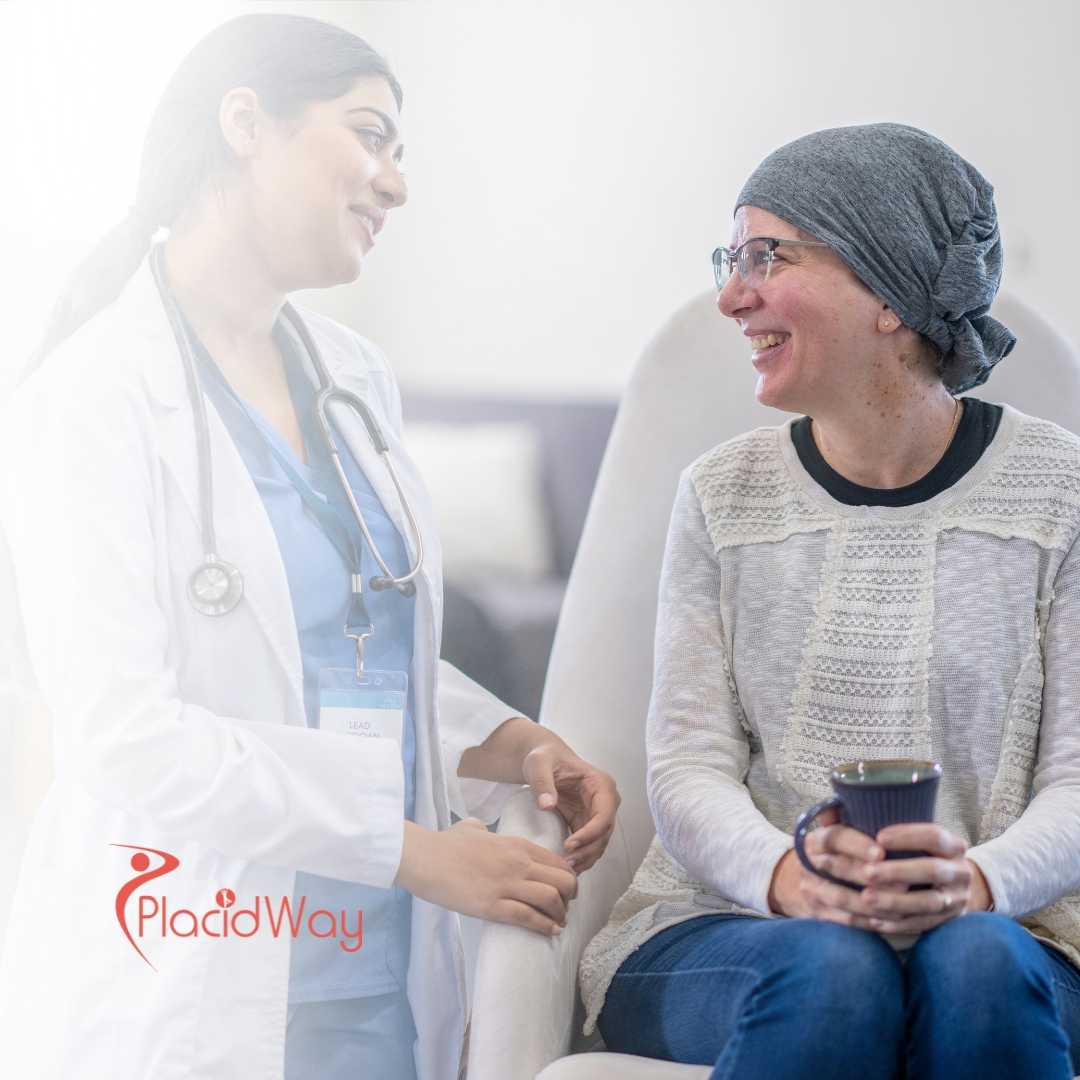
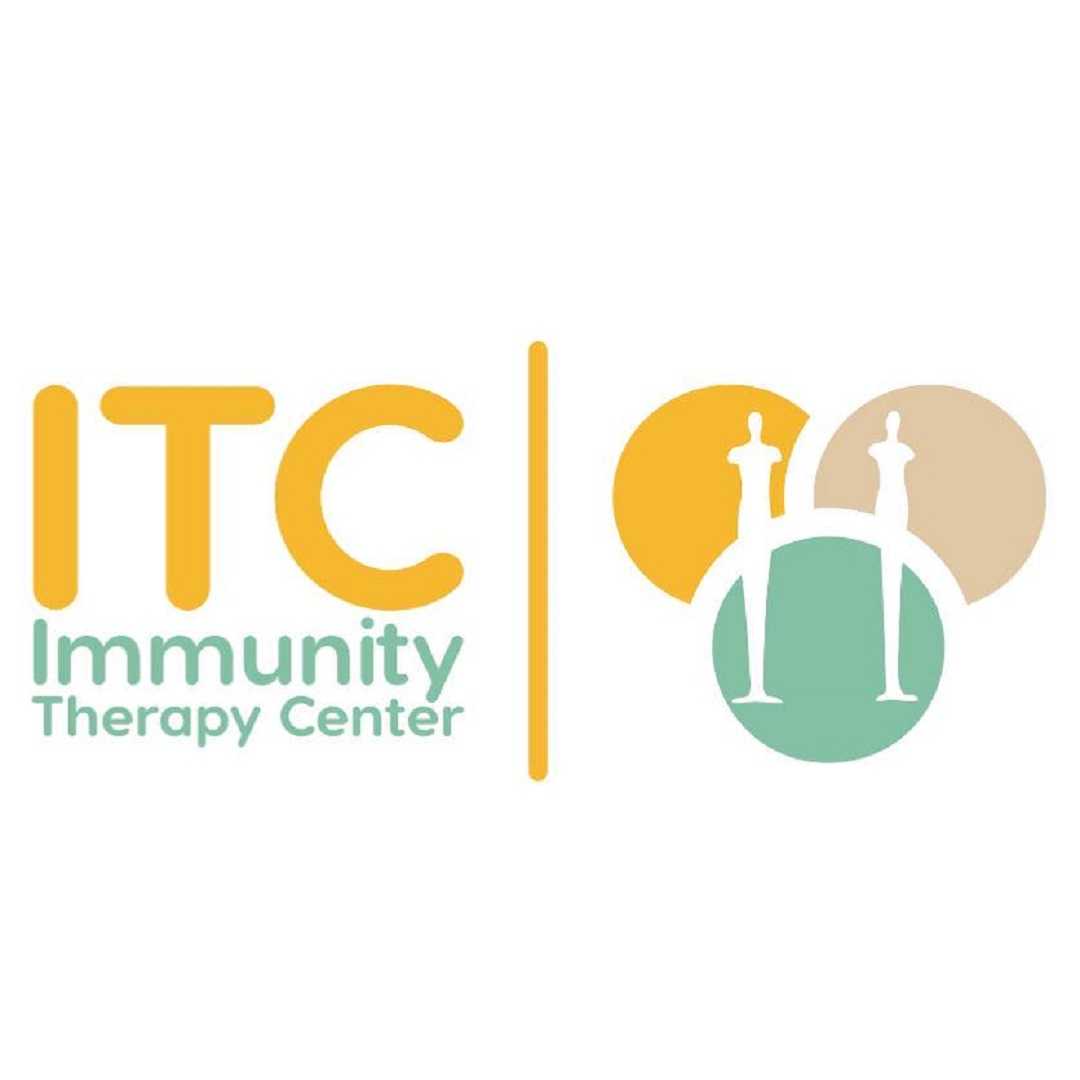
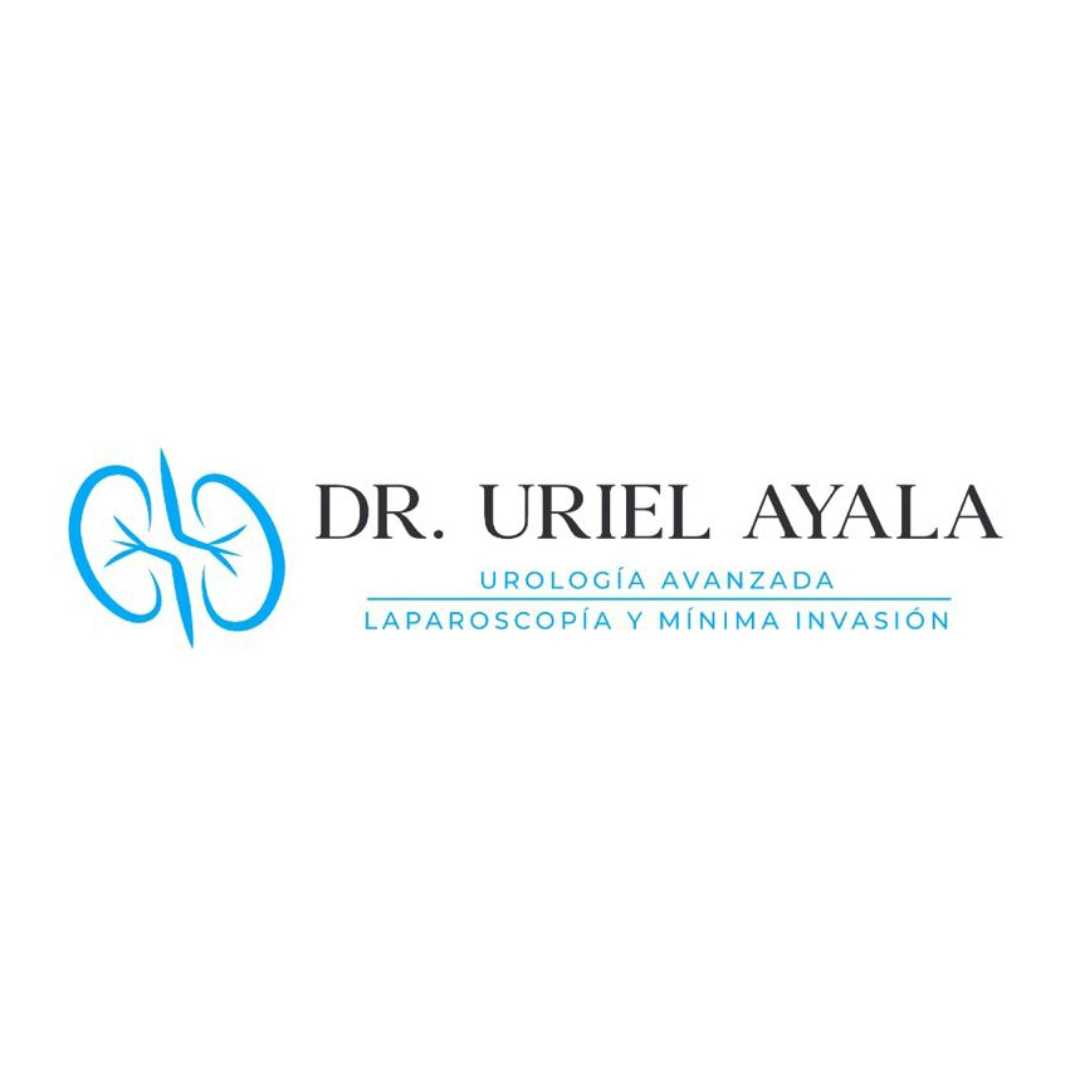

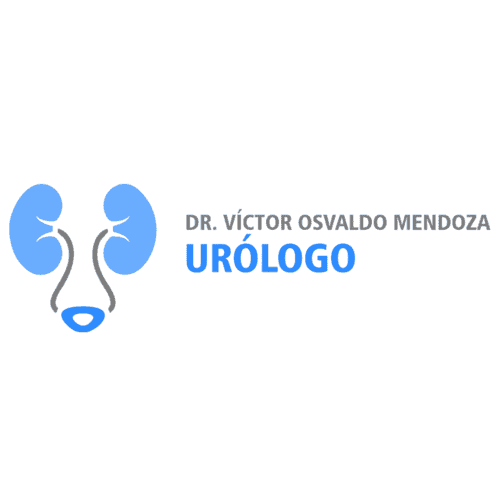
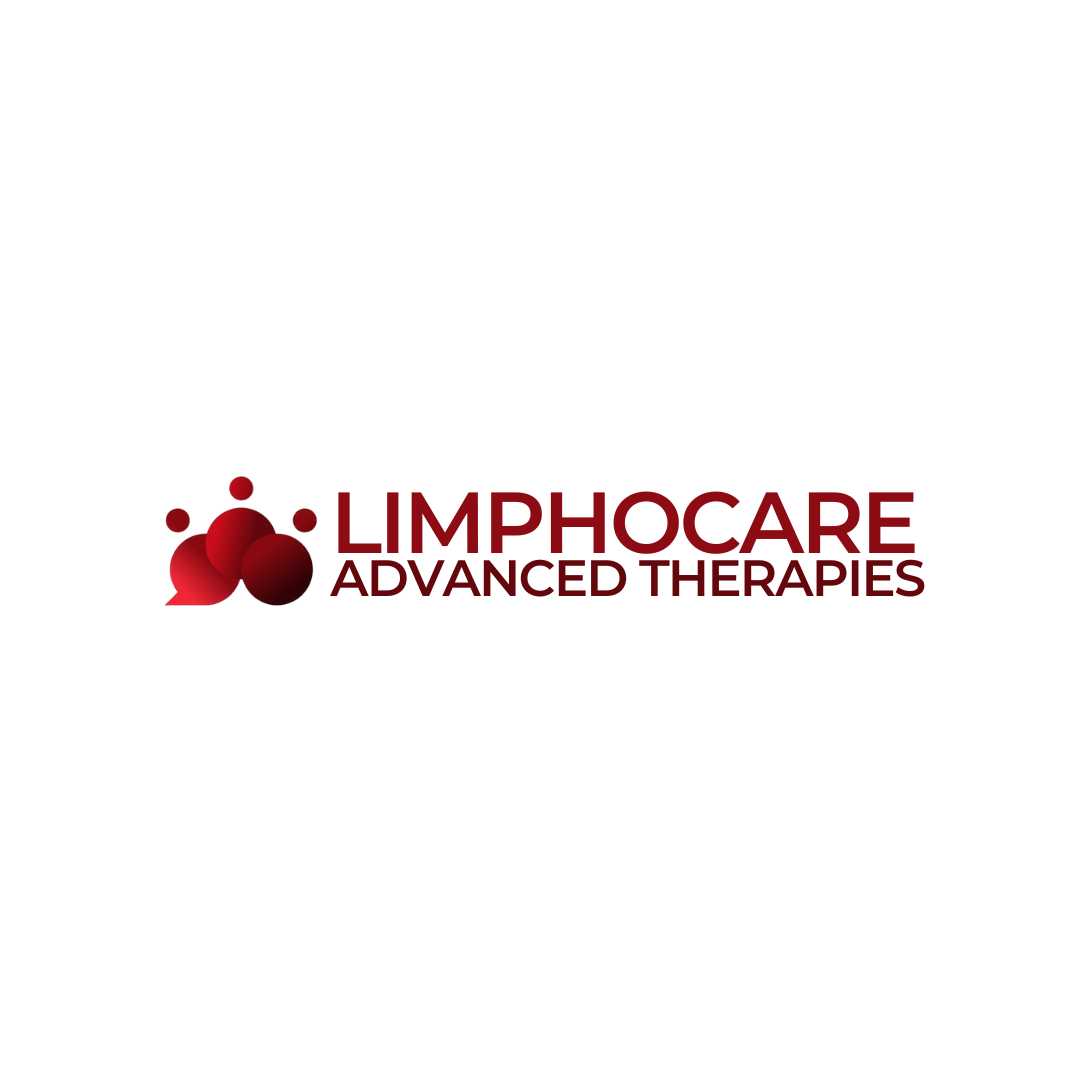

Share this listing